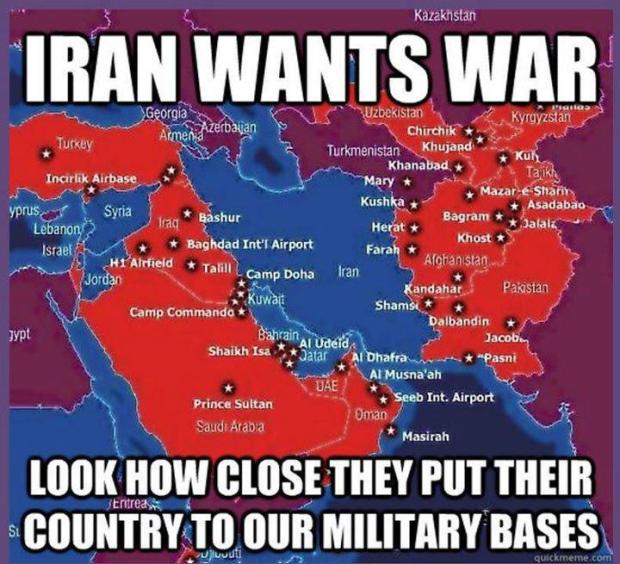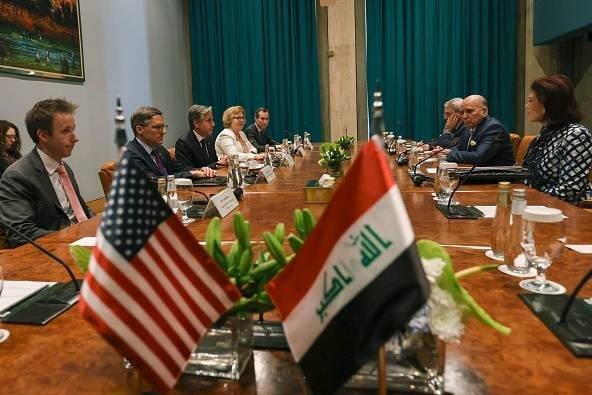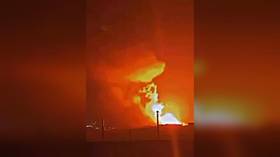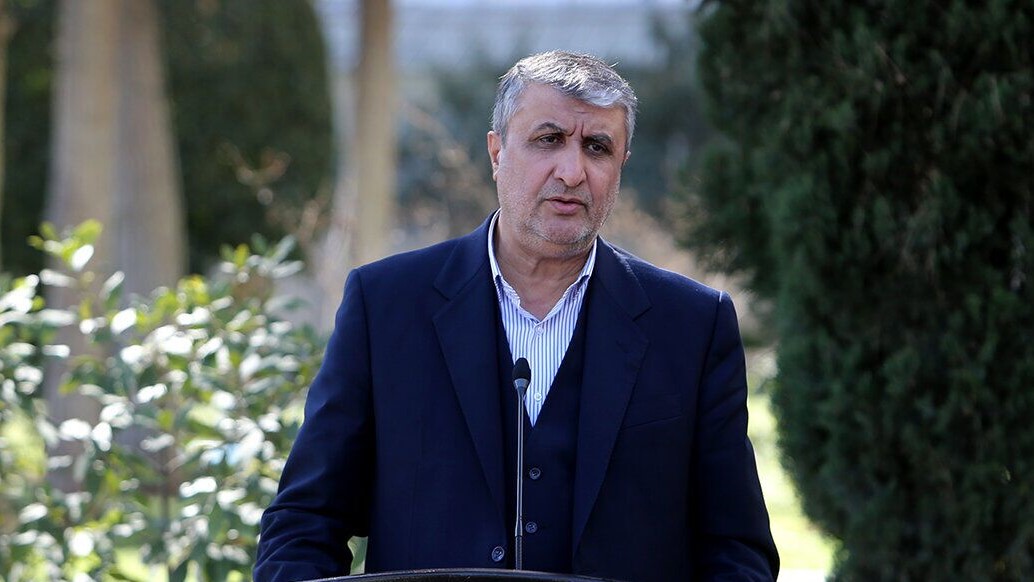NOVANEWS

thinkprogress.org
A bipartisan group of former U.S. diplomats, generals and government officials released a report today urging caution against the United States launching military strikes on Iran to prevent it from acquiring nuclear weapons.
The report — whose signatories include Brent Scowcroft, ret. Adm. William Fallon, former Republican senator Chuck Hagel, ret. Gen. Anthony Zinni and former Amb. Thomas Pickering — concludes that a unilateral Israeli attack would set back the Iranian nuclear program by only 2 years and an American attack by 4 years. But if the objective is “ensuring that Iran never acquires a nuclear bomb,” the U.S. “would need to conduct a significantly expanded air and sea war over a prolonged period of time, likely several years.” In order to achieve regime change, the report says, “the occupation of Iran would require a commitment of resources and personnel greater than what the U.S. has expended over the past 10 years in the Iraq and Afghanistan wars combined.”
While the report notes that an attack would yield some benefits — such as damaging Iran’s nuclear and military facilities and demonstrating U.S. seriousness in preventing Iran from obtaining nuclear weapons — costs could include Iranian counter-attacks against Israel and American interests, a breakdown of the international coalition against Iran and the “increased likelihood of Iran becoming” a nuclear armed state. A sustained conflict “would boost the price of oil and further disrupt an already fragile world economy,” “could further alienate Muslims and others worldwide,” and likely “unify the [Iranian] population behind the government than to generate resistance.” The signatories also conclude (emphasis added):
Serious costs to U.S. interests would also be felt over the longer term, we believe, with problematic consequences for global and regional stability, including economic stability. A dynamic of escalation, action, and counteraction could produce serious unintended consequences that would significantly increase all of these costs and lead, potentially, to all-out regional war.
The report’s conclusions echo assessments made by various former and current American andIsraeli government and military officials.
U.S. and Israeli intelligence, and the International Atomic Energy Agency, have determined that the Iranian leadership has yet to decide on whether to build nuclear weapons. The report’s summary notes that “signs of an Iranian decision to build a nuclear weapon would likely be detected, and the U.S. would have at least a month to implement a course of action.”
“Planners and pundits ought to consider that the riots and unrest following a Web entry about an obscure film are probably a fraction of what could happen following a strike — by the Israelis or U.S. — on Iran,” retired Lt. Gen. Gregory Newbold, an endorser of the Iran report and a former operations chief for the Joint Chiefs of Staff, told the Associated Press in an interview.
“You can’t kill intellectual power,” said retired Army Lt. Gen. Frank Kearney, who endorsed the report, referring to the point that military strikes will not permanently end Iran’s nuclear program. The AP notes that he is a former deputy director at the National Counterterrorism Center and former deputy commander of U.S. Special Operations Command.
The Obama administration is aware, not only of the threat an Iranian nuclear weapon poses, but also the potential negative consequences of a military attack on Iran, such as those outlined in this new report. And that, coupled with U.N., U.S. and Israeli assessments that Iran has not yet decided on whether to build a nuclear weapon, leads the administration to pursue a diplomatic solution with Iran, a track the it deems the “best and most permanent way” to solve the nuclear crisis.



